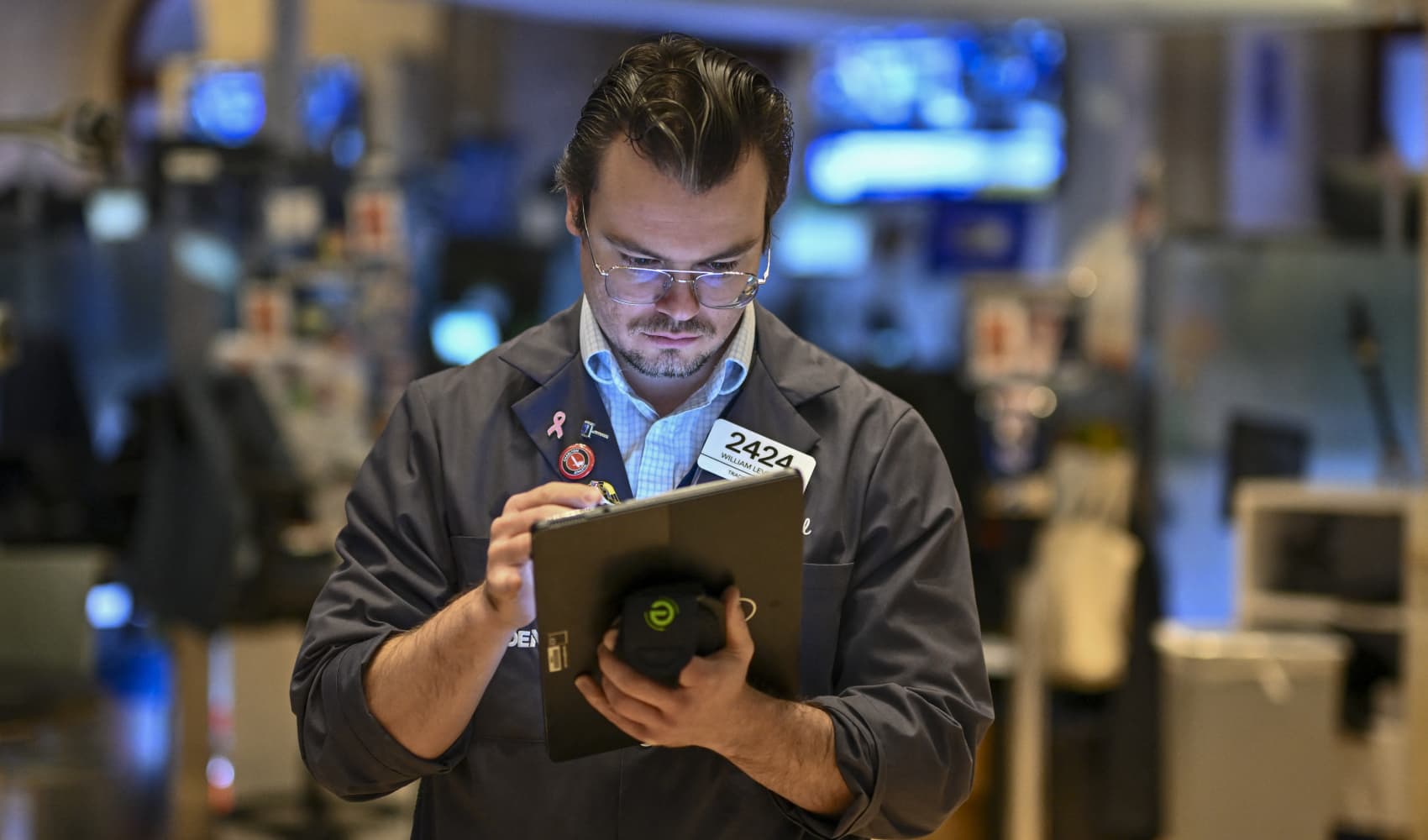
- President-elect Donald Trump will nominate Robert F. Kennedy Jr. as secretary of the Health and Human Services Department.
- RFK Jr., who is a vaccine skeptic and conspiracy theorist, is the son of the late Sen. Robert F. Kennedy, and the nephew of former President John Kennedy.
- Trump's selection of Kennedy came a day after the Republican president-elect tapped Florida Rep. Matt Gaetz as attorney general.
President-elect Donald Trump said Thursday that he will nominate vaccine skeptic and conspiracy theorist Robert F. Kennedy Jr. as secretary of the Health and Human Services Department.
If the Senate approves Kennedy, the former independent presidential candidate will lead a sprawling department responsible for the huge Medicare and Medicaid health coverage programs, the Food and Drug Administration, the National Institutes of Health, and the Centers for Disease Control and Prevention.
HHS's decisions on spending and policies have major effects on the U.S. health-care system and related businesses.
Get top local stories in Philly delivered to you every morning. Sign up for NBC Philadelphia's News Headlines newsletter.
Kennedy, 70, is the son of Robert F. Kennedy, the late U.S. attorney general and Democratic senator from New York who was assassinated in 1968 by a gunman in Los Angeles as he ran for president. He is the nephew of former President John Kennedy who was assassinated in 1963.
Trump said in October that if elected he would let Kennedy "go wild on health."
"I am thrilled to announce Robert F. Kennedy Jr. as The United States Secretary of Health and Human Services," Trump wrote in a post on his Truth Social site Thursday.
Money Report
"For too long, Americans have been crushed by the industrial food complex and drug companies who have engaged in deception, misinformation, and disinformation when it comes to Public Health," Trump wrote.
"The Safety and Health of all Americans is the most important role of any Administration, and HHS will play a big role in helping ensure that everybody will be protected from harmful chemicals, pollutants, pesticides, pharmaceutical products, and food additives that have contributed to the overwhelming Health Crisis in this Country."
Kennedy told NBC News in a recent interview that Trump has said he wants Kennedy to "clean up corruption" at federal health agencies, return those agencies to science-based policies and "make America healthy again." Kennedy said that "there are entire departments, like the nutrition department at the FDA, that have to go."
Stock prices of vaccine makers fell earlier Thursday on reports that Trump would tap Kennedy for the HHS post.
Kennedy last year suggested that the Covid-19 virus, which CDC played a major role in combatting, was engineered to "attack Caucasians and Black people," and to be less likely to harm "Ashkenazi Jews and Chinese" people.
He previously promoted theories that autism was linked to childhood vaccines, a connection that has been disproved.
Kennedy outraged many of his siblings by endorsing Trump in August after abandoning his long-short presidential candidacy.
Trump's selection of Kennedy came a day after the Republican president-elect tapped Florida Rep. Matt Gaetz as attorney general.
Gaetz's selection immediately sparked controversy due in large part to the fact that the Department of Justice, which he would lead as AG, previously investigated him for possible sex trafficking of a 17-year-old girl. Gaetz resigned from Congress effective Thursday, removing him from the jurisdiction of the House Ethics Committee, but a number of Republican senators have called on that panel to release a report of its investigation of the former lawmaker.
Kennedy last week reportedly suggested he would fire 600 NIH workers and replace them.
His "Make America Healthy" website has been seeking suggestions from the public for more than 4,000 appointee posts across the federal government to be filled by Trump.
Senate Finance Committee Chairman Ron Wyden, D-Ore., blasted Kennedy in a statement.
"Mr. Kennedy's outlandish views on basic scientific facts are disturbing and should worry all parents who expect schools and other public spaces to be safe for their children," Wyden said. "When Mr. Kennedy comes before the Finance Committee, it's going to be very clear what Americans stand to lose under Trump and Republicans in Congress."
Another Democrat, Sen. Patty Murray of Washington, said "Donald Trump's selection of a notorious anti-vaxxer to lead HHS could not be more dangerous — this is cause for deep concern for every American."
"There is no telling how far a fringe conspiracy theorist like RFK Jr. could set back America in terms of public health, reproductive rights, research and innovation, and so much else."
Sen. John Thune of South Dakota, who will become Senate majority leader in January when Republicans take control of the chamber, said he did not have any reaction to Kennedy being picked for the HHS job.
"Honestly, the entire nomination process is just getting started, so let's, let's give it a chance to see what happens," Thune told reporters. "And these names, none of them have been formally submitted yet, so there's going to be a vetting process. I've told people, these will be worked out under advise and consent, and we'll make sure that we process them there."
But other Republican senators, including Tommy Tubervilple of Alabama, Kentucky's Rand Paul and Josh Hawley of Missouri, praised Kennedy's selection.
"Bad day for Big Pharma," Hawley tweeted.
Andrea Ducas, vice president of health policy for the advocacy group Center for American Progress, in a statement called Trump's choice of Kennedy "would be nothing short of disastrous for the country."
"His track record and open skepticism of longstanding medical science could jeopardize the incredible public health gains we've accomplished as a nation – including the gains we've made in combatting infectious disease through childhood vaccination programs and in making our food supply safer through pasteurization," Ducas said.
"This pick is especially troubling coming at the heels of the COVID-19 pandemic, where lifesaving vaccines averted countless infections and deaths."






